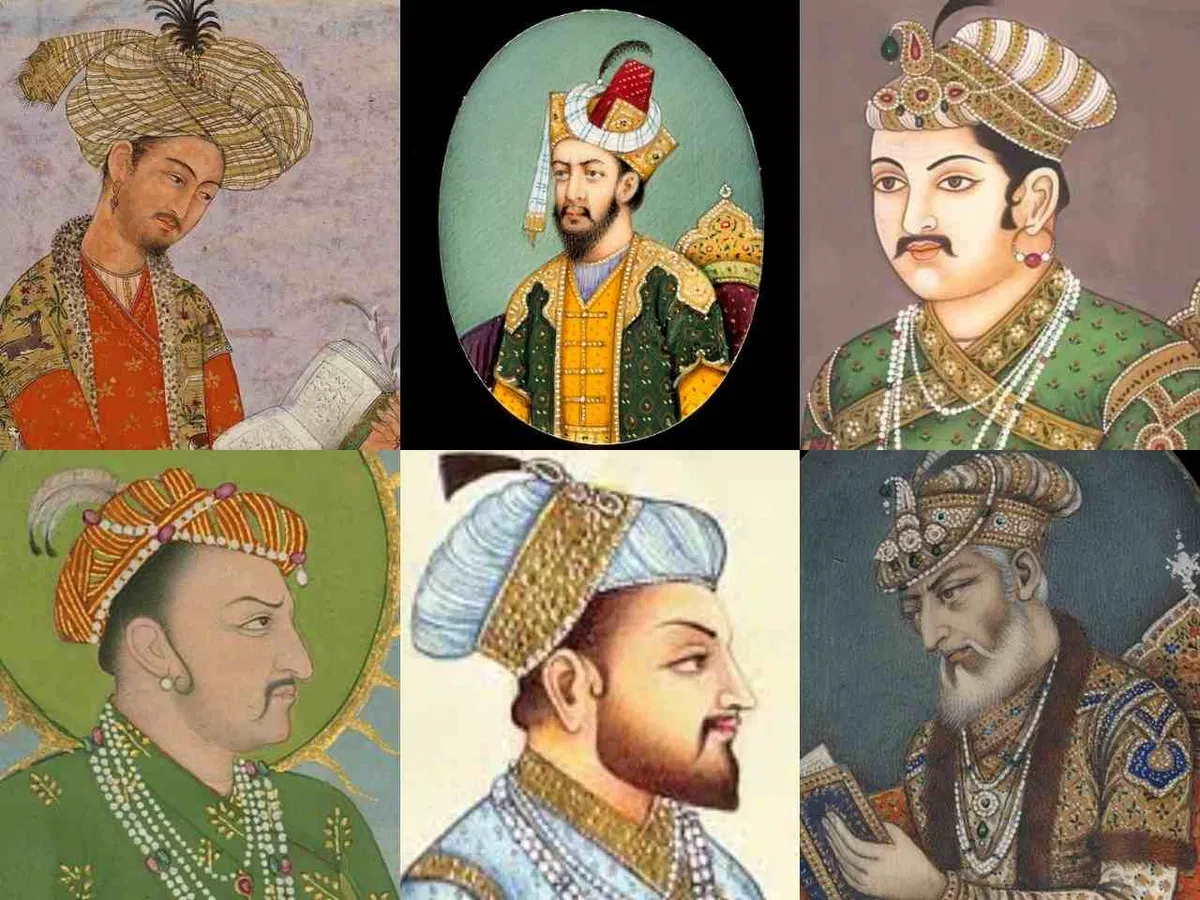When it comes to preparing for SSC exams, candidates often focus on core subjects like mathematics, science, and language skills.
But for the SSc exam, puzzles or mental ability doesn’t get priority. Anyway, puzzles stimulate cognitive function, enhancing problem-solving skills and mental agility. They also provide a sense of accomplishment and relaxation, making them a beneficial activity for both the mind and well-being. Anyway, for puzzle practice, you can visit Lines98 to boost your mental ability.
However, a comprehensive education should also include a solid understanding of history and culture. An important aspect of Indian history that can greatly enhance your SSC exam preparation is gaining insight into the Mughal Empire family tree. Explore how knowledge of the Mughalian family tree can give you a unique advantage in your SSC exam preparations.
Contextualising Historical Events
Understanding the historical context behind significant events is crucial for success in SSC exams. Familiarising yourself with the family tree of the empire can help you better grasp the intricacies of India’s past. For example, when studying the Indian Rebellion of 1857, knowing the role of Bahadur Shah II as the last Mughal emperor adds depth to your knowledge, enabling you to answer questions about the causes and consequences of various events more effectively.
Appreciating Cultural Fusion
The Mughal Empire was renowned for its cultural syncretism, blending Persian, Indian, and Central Asian influences. By tracing the family tree, students can appreciate the diverse backgrounds of Mughal rulers. Akbar, for instance, had Rajput roots through his marriage to Mariam-uz-Zamani, which played a pivotal role in promoting religious tolerance and integration. This cultural understanding can be a valuable asset since questions about the cultural impact of the Mughals frequently appear.
Analysing Power Struggles
Power struggles and intricate conflicts within the royal family vividly mark Mughal history. Learning about these complex dynamics through the detailed family tree provides deeper insights into the significant challenges that rulers like Aurangzeb faced during their reigns.
Exams often include multifaceted questions about internal conflicts and power dynamics during the Mughal era, and a thorough knowledge of intricate family relationships can be invaluable in answering them accurately and comprehensively. Understanding these historical aspects also sheds light on the broader socio-political context of that time, enriching one’s grasp of this fascinating period.
Understanding Architectural Heritage
The Mughal rulers, renowned for their opulent and intricate architectural style, left an enduring legacy of architectural wonders, such as the magnificent Taj Mahal, the imposing Red Fort, and the grand Jama Masjid.
Familiarity with the detailed family tree of these influential emperors allows students to connect illustrious rulers like Shah Jahan, who commissioned the Taj Mahal as a splendid memorial in memory of his beloved wife, Mumtaz Mahal, to these iconic structures. Questions about these historically significant landmarks frequently appear, and a deep understanding of the family tree aids in recognising the rich cultural and historical significance behind these monumental structures.
Grasping the Decline of the Empire
The decline of the Mughal Empire is a significant topic in Indian history. Understanding the family tree helps students comprehend the series of events that led to the empire’s downfall. The fragmentation of power among various Mughal successors and external invasions by the British and other powers can be better contextualised with knowledge of the family tree. Questions related to the decline of the Mughal Empire require a comprehensive understanding of this historical period.
Conclusion
In conclusion, delving into the Mughal Empire family tree is not simply about memorisation; it is a valuable tool that can enhance your SSC exam preparation across various subjects. It provides historical context, cultural insights, and a deeper understanding of the dynamics that shaped this remarkable period in Indian history. Whether you’re studying for history, culture, or general knowledge sections of your SSC exams, the family tree can be your secret weapon for answering those questions. So, immerse yourself in the fascinating world of Mughal history and give your SSC exam preparation a significant boost.










